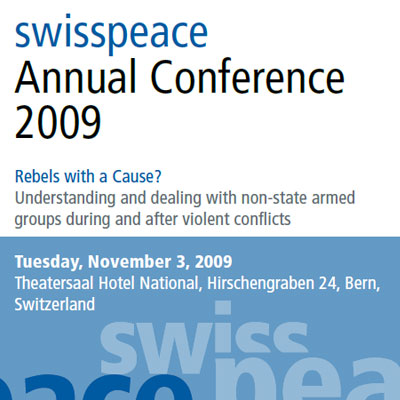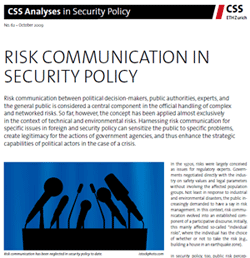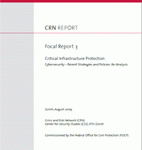
On Tuesday, 3 November I will attend the Swisspeace Annual Conference. The topic is “Rebels with a Cause? Understanding and Dealing with Non-State Armed Groups During and After Violent Conflicts.”
The Swiss NGO has invited some high-level speakers that have field experience in negotiation with non-state actors, such as the Centre for Humanitarian Dialogue, and our partner Small Arms Survey. For more information on non-state actors, you can check the ISN keyword on our website that contains a lot of publications.
Then on the following Thursday, I will attend the annual conference of UNO-Academia on “Collective Security and Maintenance of International Peace and Security: What are the Stakes?”. UNO-Academia is a network between all the Swiss universities that gathers research on UN-related topics.
According to the program, academics will be joined by policymakers to develop a comprehensive approach on the above mentioned question. For a short summary of the concept of “Collective Security”, you can check out this story from ISN Security Watch partner World Affairs Journal by Peter Beinart. The conference will be preceded by a roundtable discussion in which I have been invited to speak: “Youth Meets the United Nations: Which Role for Youth in the United Nations?”.
Of course, I’ll update you next week with the outcomes of these conferences. If it happens that you are also taking part in the same conferences, it would be a pleasure to meet you there.




 The CSS Expert Community “Crisis and Risk Network” (
The CSS Expert Community “Crisis and Risk Network” (